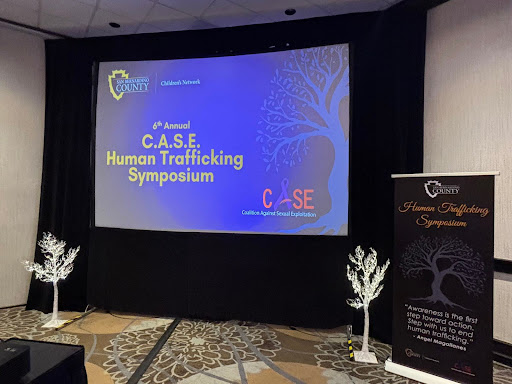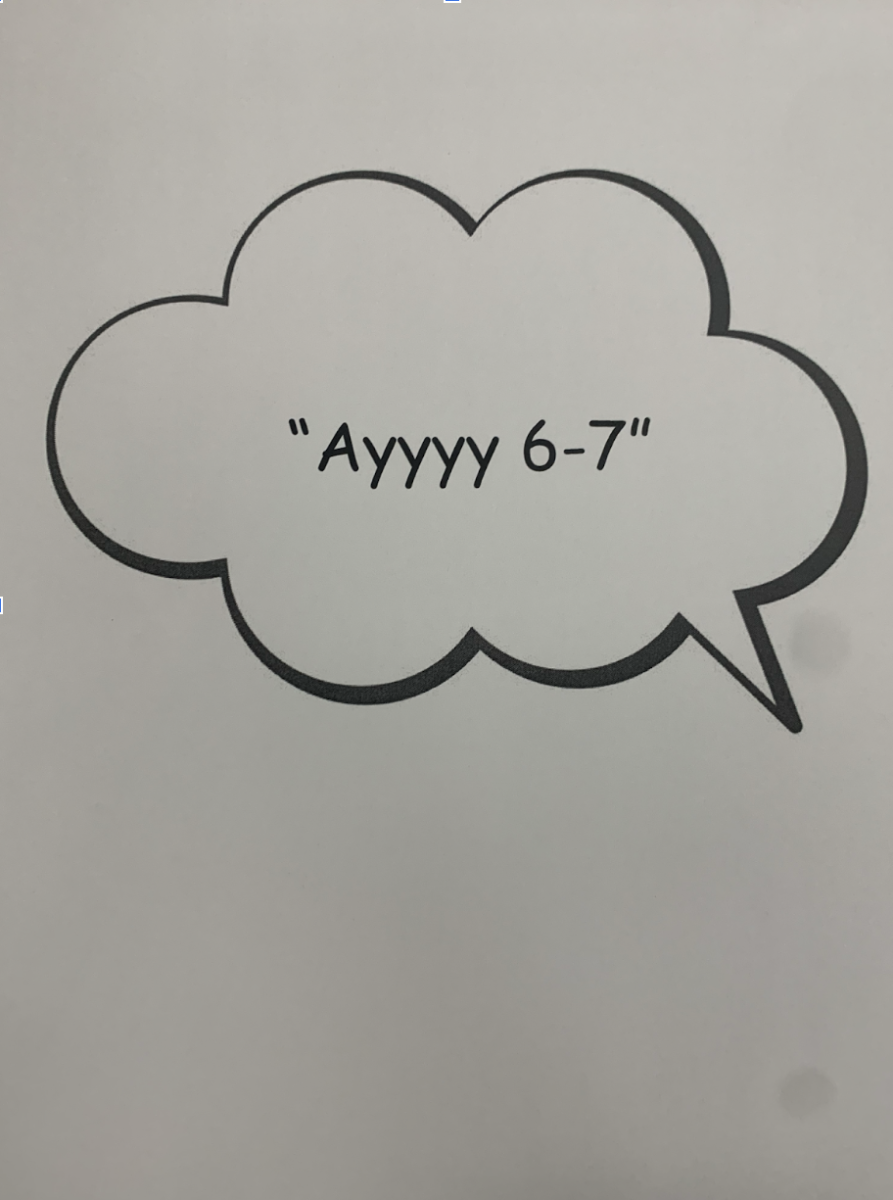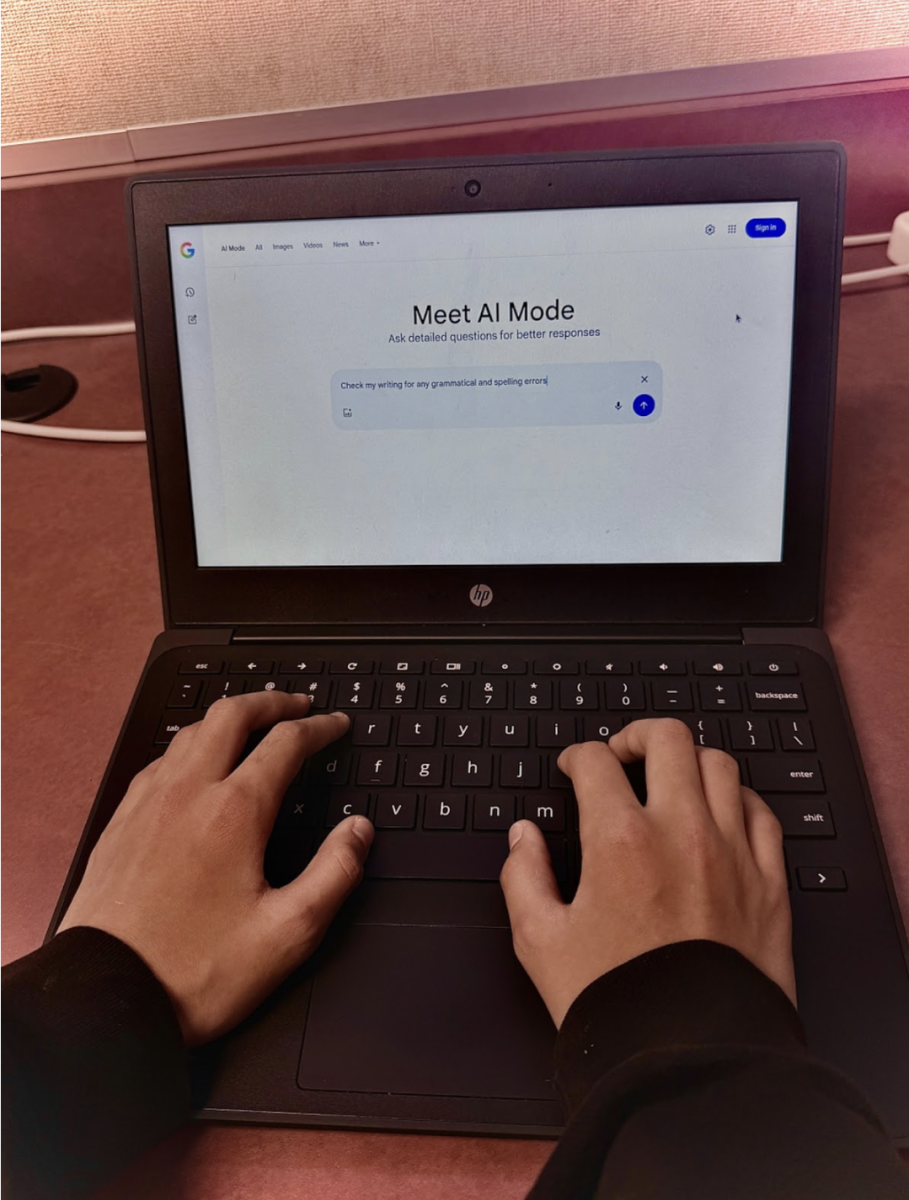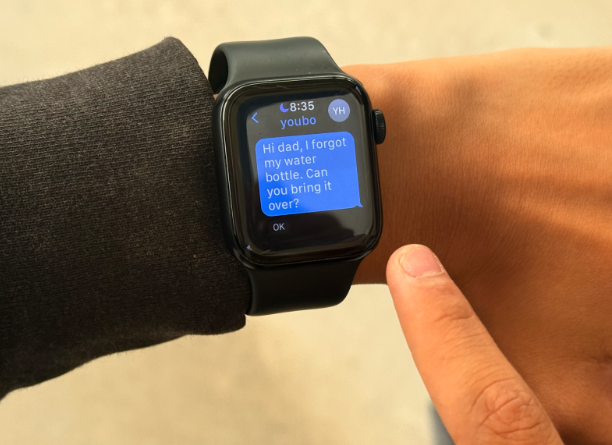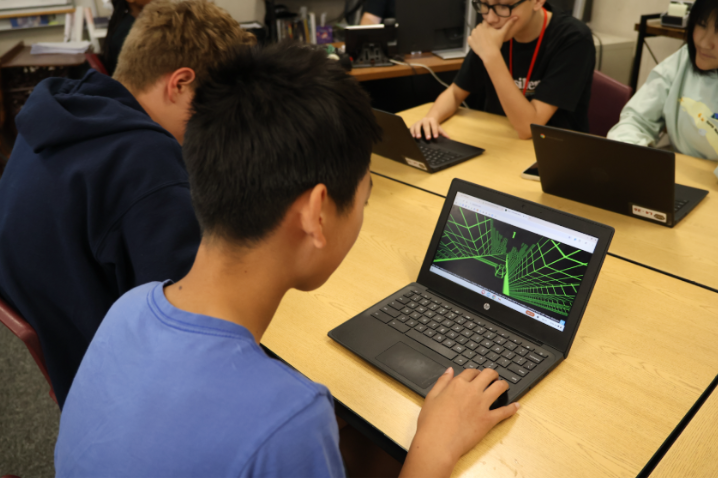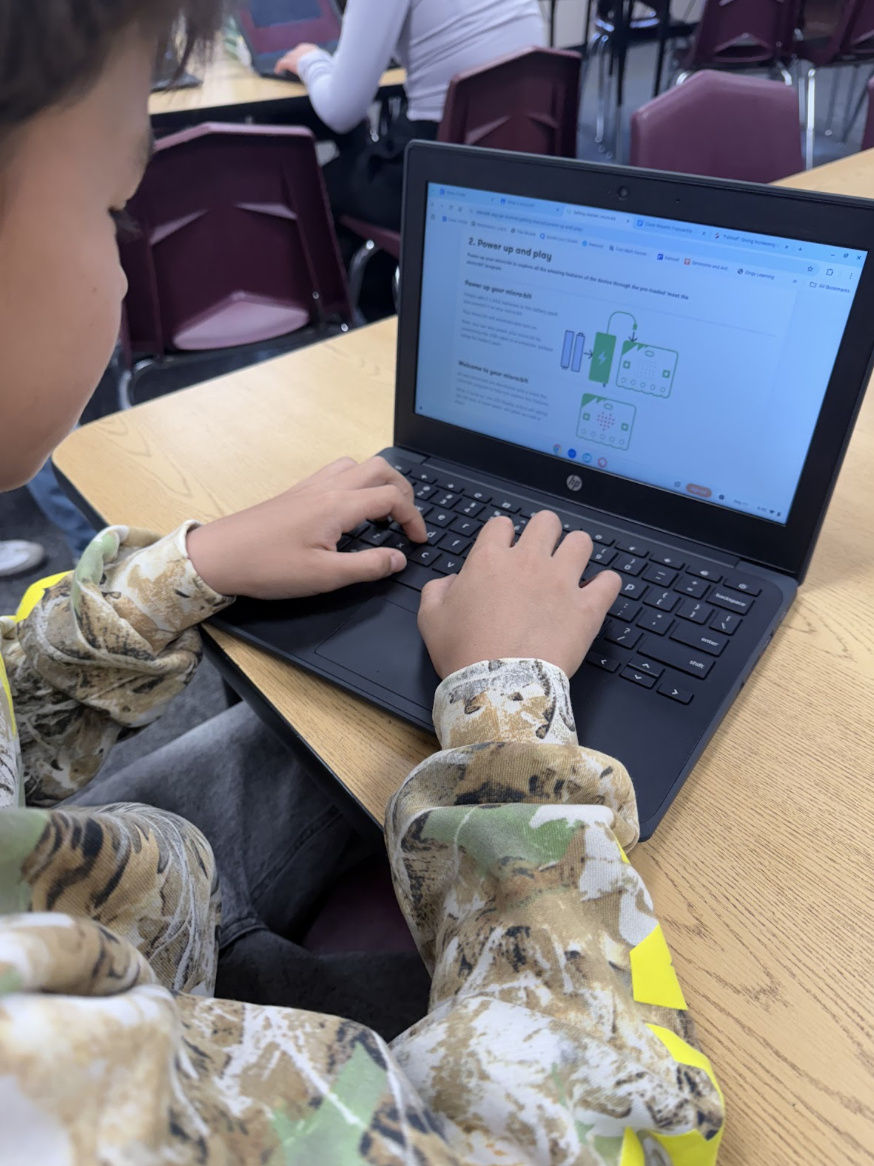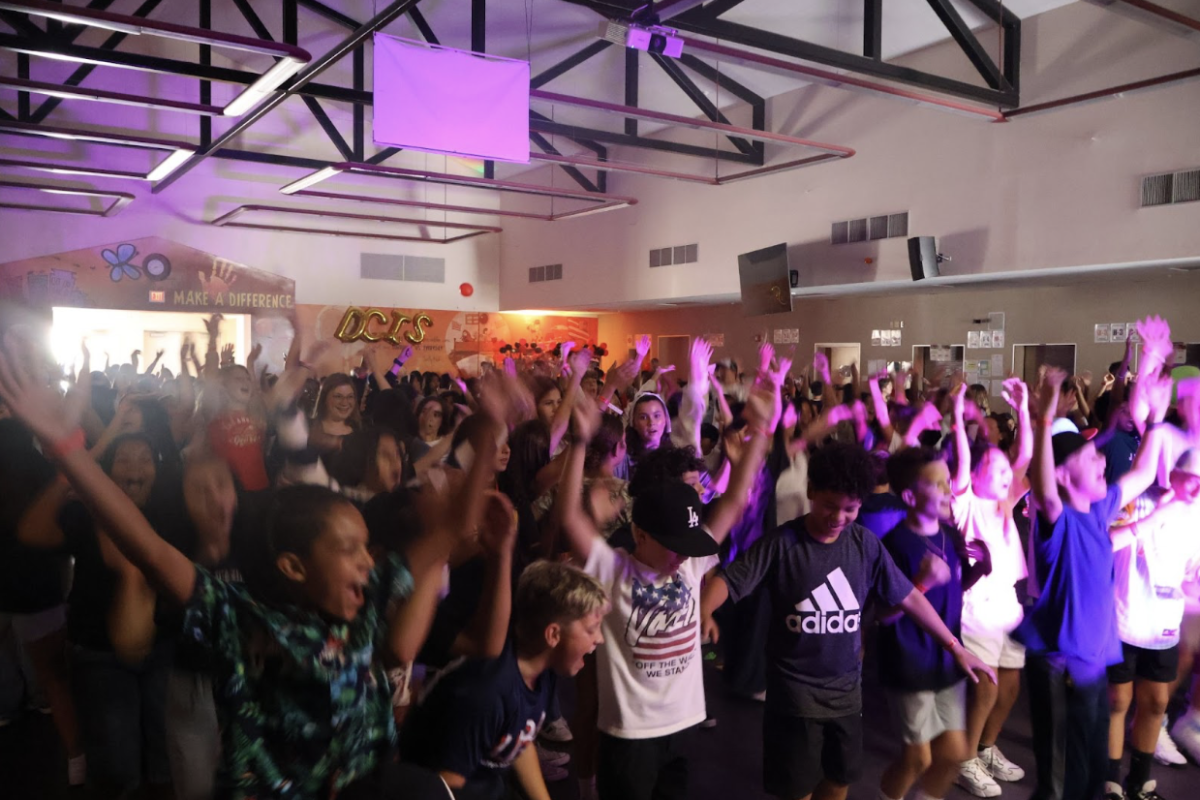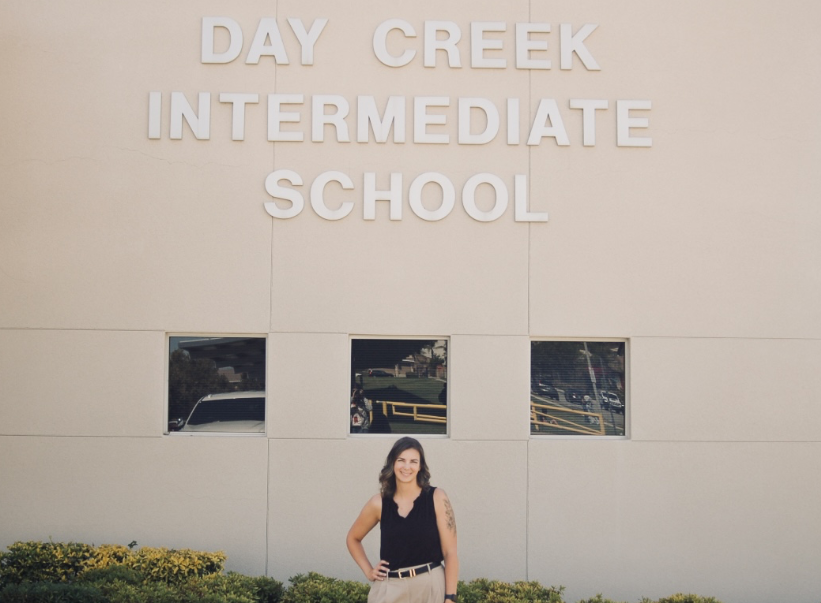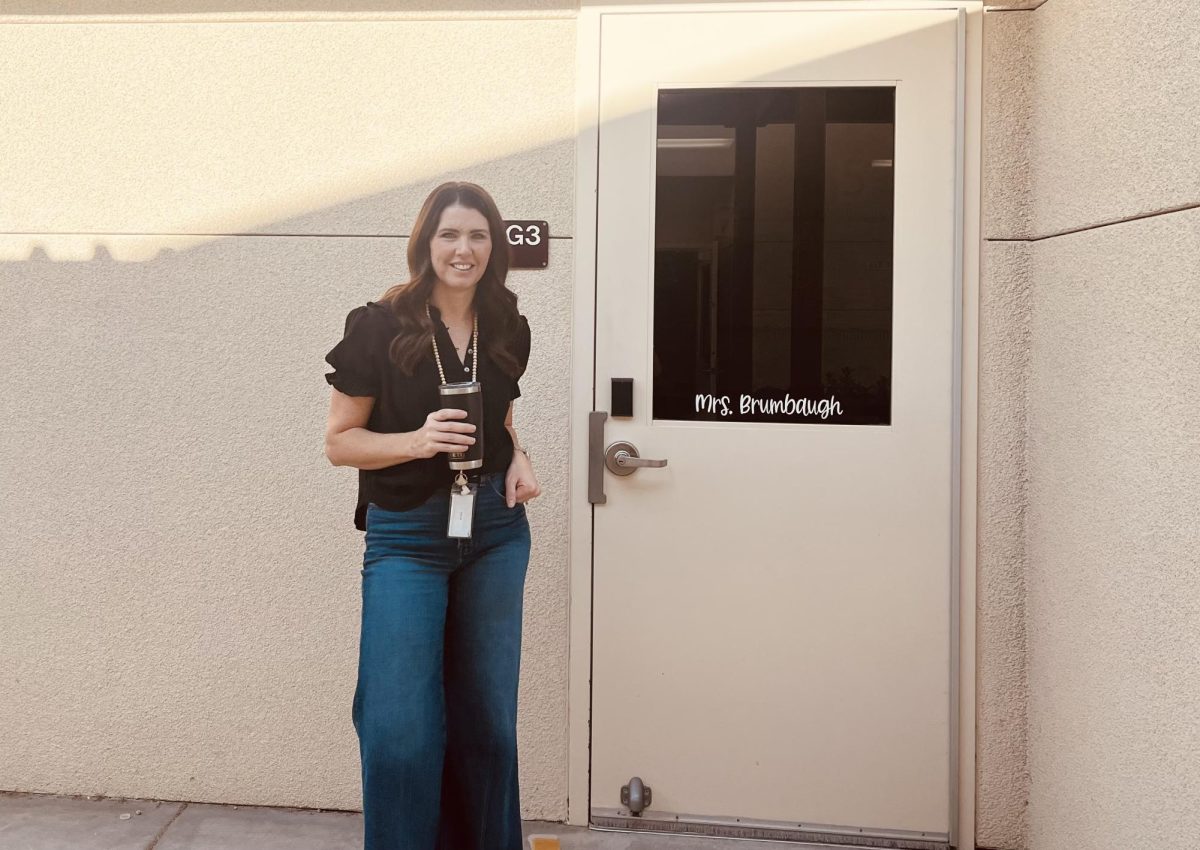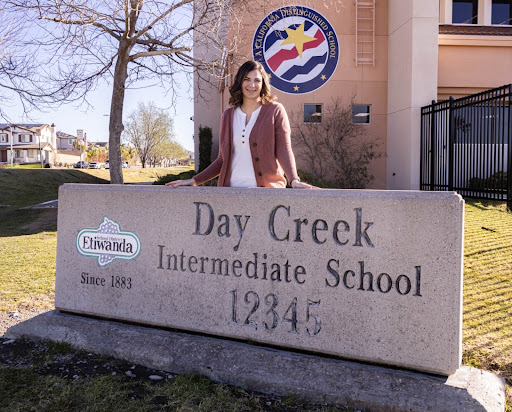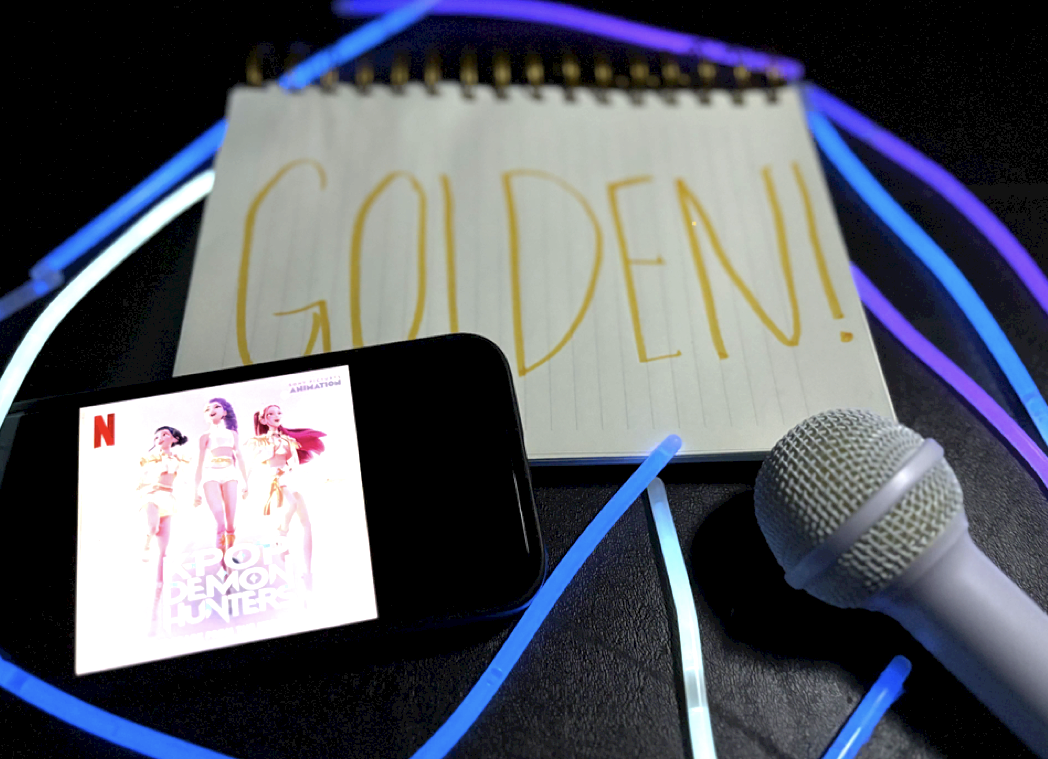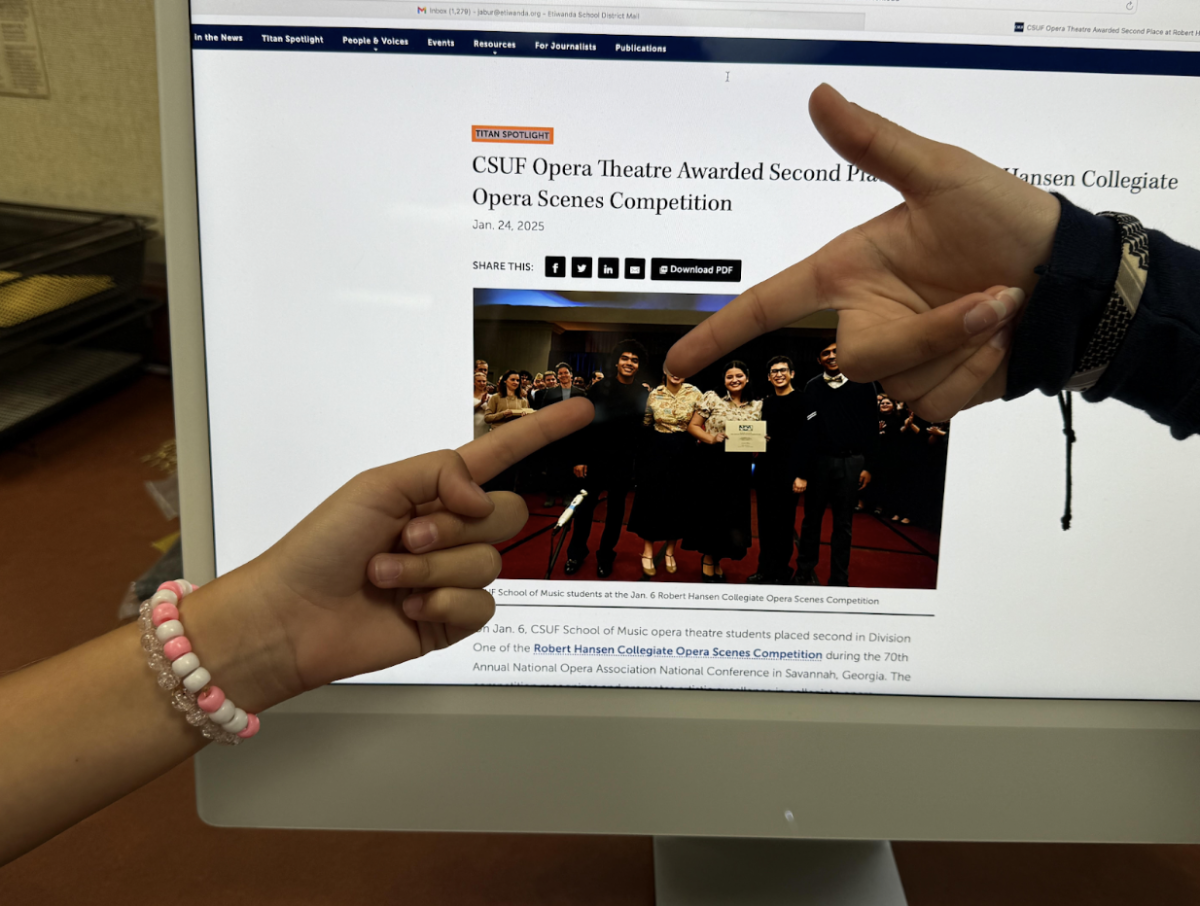“Stranger danger,” missing headshots on milk cartons, and reward-based billboards. Each of these has become all too familiar. Southern California culture comes with the unfortunate regularity of lives that disappear to never return home. Typically, we share a glance of quick sympathy before going about our day. But who knew such tragedy is happening in our own backyard?
Are those thousands of missing adults and children really just “missing,” or are they victims of human trafficking?
“Human trafficking” or “trafficking in persons” involve crimes in terms of a trafficker who exploits individuals by forcing them into acts of labor or commercial sex acts.
The recent P-Diddy case has garnered this type of attention. You may have read about it on your feed, made a few jokes, and moved on. But it’s a potential reality of actual human trafficking that may have been brushed under the cultural rug for years.
According to the California Department of Justice and the National Human Trafficking Hotline, California is one of the largest regions for human trafficking cases. So what are we doing about it as a community?
On January 16, 2025, C.A.S.E. (Collision Against Sexual Exploitation) of San Bernardino County’s Children’s Network responded, putting together their sixth annual Human Trafficking Symposium during National Human Trafficking Prevention Month, with the intent of spreading awareness. The organization has collaborated with county school leaders, tribal and faith-based communities, community supporters, and county officials to address the issue. The event featured Tim Tebow, a prolific anti-trafficking advocate, to bring our community together on this issue. The Howl had the opportunity to attend the symposium.
The ballroom at the Doubletree Hotel in Ontario was filled with people joined together in the cause. The atmosphere was welcoming,featuring a tree symbol, signifying the intent to build a strong collaboration among all who attended.
This symposium was a clear “call to action,” identifying the signs of trafficking while increasing awareness of the issue. It strongly empowered the audience toward movement, imploring each listener to do far more than simply listen. It was and is time to act.
“I think people need to see the end result of real-life change. They see people rally for this [solution] and they see the life that inspires you to keep doing it. Every time that I get to hear a story or meet one of these incredible survivors, it’s the fuel…the motivation that it gives. It’s not just so that this room knows; it’s so that [the victim] can be in a place of protection. That is so much more fuel than just awareness. It’s awareness that leads people to action,” said Tebow.
Ashley Brooksheer, San Bernardino County’s newly-appointed Children’s Network Officer, also emphasized the importance of connections and collaboration.
“Our biggest problem is how big [human trafficking] really is and knowing that there are so many reports that are not received. There are so many times that people are afraid to say something or report it. So I think that it is just creating the knowledge out there to know what the resources are, so we could really do something about this huge problem,” said Brooksheer.
Multiple stories entailing the harsh realities of human trafficking were shared throughout the event by Ami Davis, Jesus “Jesse” Leon, Nola Brantley, and Emily Dickson as each speaker encouraged the audience toward taking initiative.
“I think getting educated can really help you be an ally to your peers without perpetuating stereotypes and stigmas – information that was tailored for you [that] is more relatable, digestible, and understandable,” said Brantley.
C.A.S.E.’s coordinator, Angel Magallanes’ lifelong pursuit is to gain more support, especially from school leaders and administrators to help encourage the next generation of advocates.
“I hope we moved the [anti-human trafficking] movement a little more forward. I hope that you young people take your messages and your posters and everything back to your schools and you advocate. You become that ally and take that allyship wherever you go,” said Magallanes.
As a young adult listener, the event marked an important moment where a hard conversation about human trafficking transcended awareness toward a call to action. It created an opportunity to connect with our community while stressing the importance of “not missing the mark,” in caring for this generation and the next. As Tebow stressed, it’s not about the most valuable player, but the most vulnerable person.
“Don’t do it just for the thought of awareness. We need to make people aware, but make it lead to action,” said Tebow.
If you know of anyone who may be a victim of human trafficking, your awareness is not enough. Take your first step to ACT NOW:
https://humantraffickinghotline.org/en/get-help
Call: 1-888-373-7888
Email: [email protected]
Text: 233733

